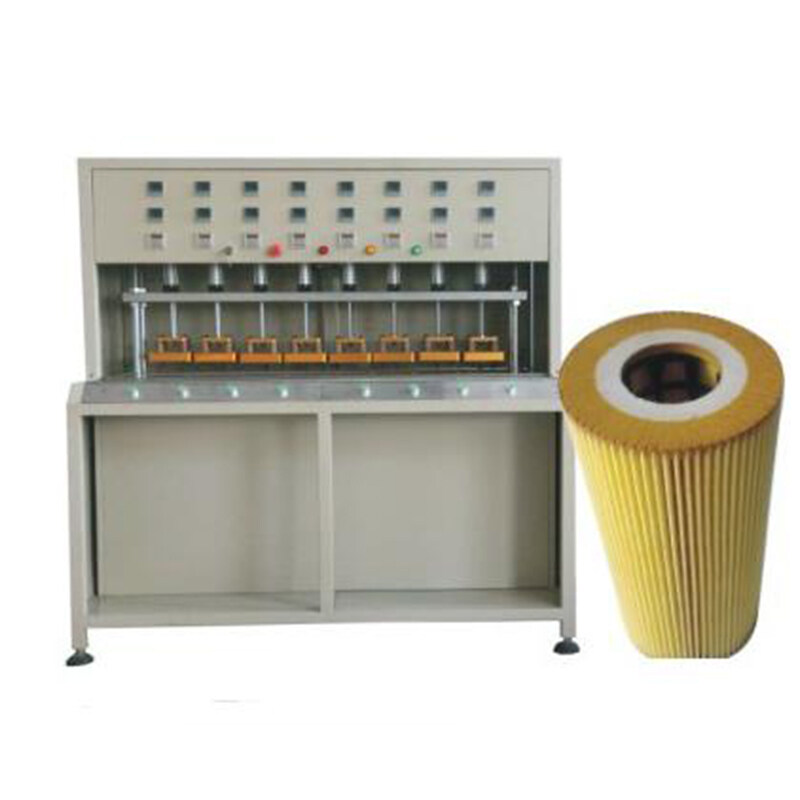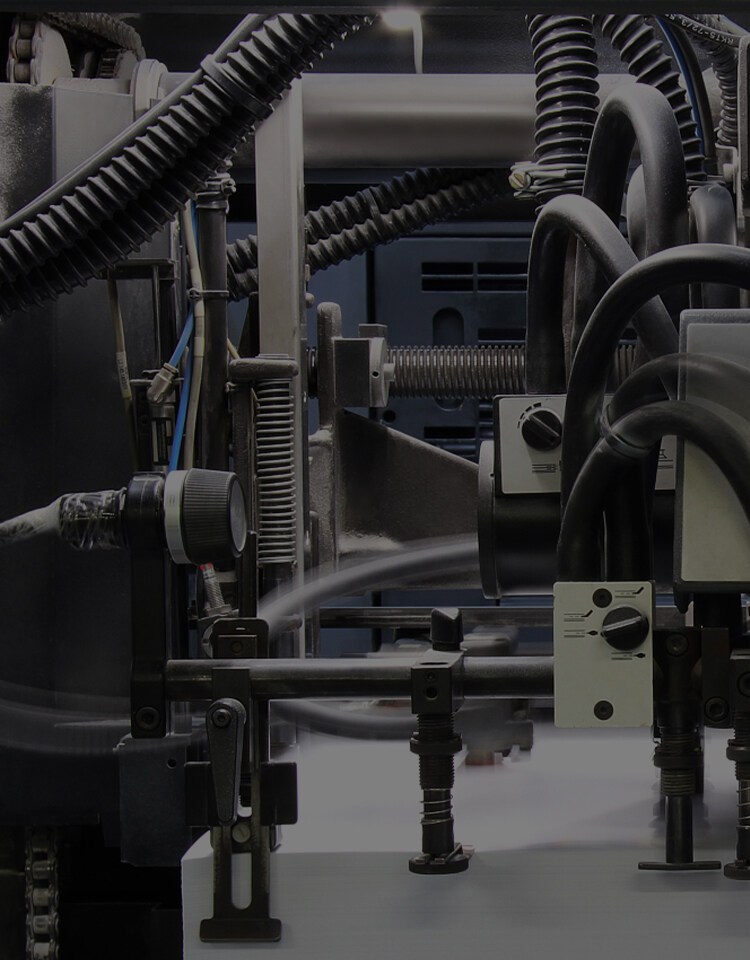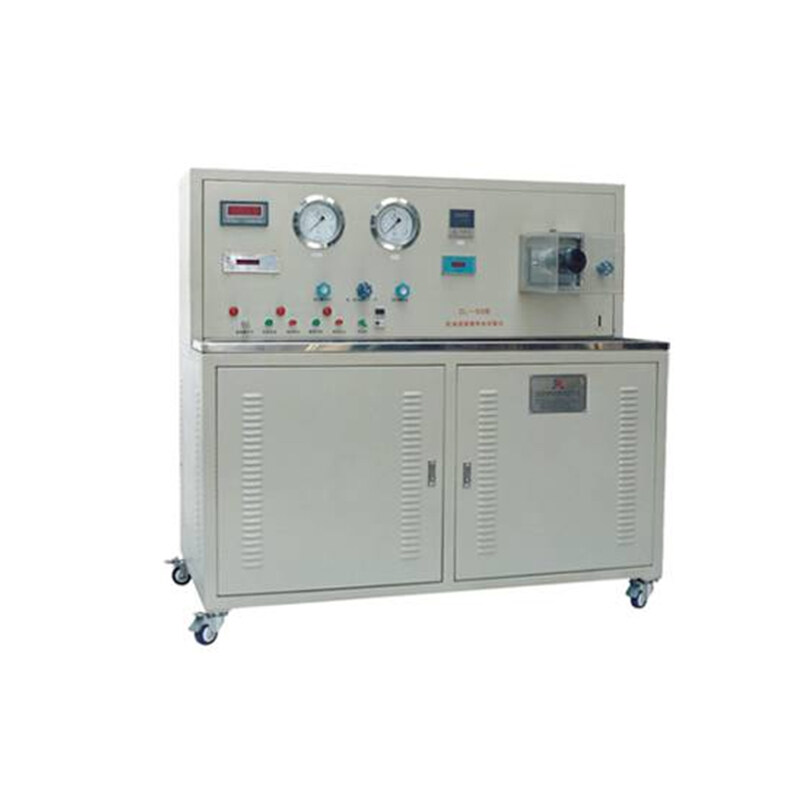The Pros and Cons of Air Filters
Air filters are ubiquitous devices used to improve air quality by removing airborne contaminants from the air. They are commonly used in residential and commercial settings, as well as in vehicles, to ensure clean air is circulating. However, like any other technology, air filters have their advantages and disadvantages. We will examine the pros and cons of air filters to help you make informed decisions when considering purchasing one for your home or office.
Pros of Air Filters
1. Improved Air Quality
The primary benefit of using an air filter is that it can improve the quality of the air you breathe. The air we breathe indoors can contain numerous air pollutants, including pet dander, dust mites, pollen, mold spores, and volatile organic compounds (VOCs). These pollutants can cause respiratory problems, allergies, and other health issues. Air filters work by trapping these pollutants and preventing them from circulating in the air.
2. Reduction of Allergens
Another advantage of air filters is that they can significantly reduce allergens in the air. Millions of people suffer from allergies, and many of these allergies are triggered by airborne irritants like dust, pollen, and pet dander. An air filter traps these allergens and prevents them from circulating in the air, which can help alleviate allergy symptoms.
3. Removal of Offensive Odors
Air filters can also be helpful in removing offensive odors from the air. For example, if you smoke indoors or cook with strong spices, the smell can linger in the air and become unpleasant. An air filter can remove the particles responsible for these odors and leave the air fresher and cleaner.
4. Protection of HVAC Systems
Air filters can protect the heating, ventilation, and air conditioning (HVAC) systems of homes and offices by trapping airborne particles that can cause damage to these systems. Dust, dirt, and debris can clog the system's filters and reduce the overall efficiency of the HVAC system. By using an air filter, you can prevent these particles from entering the system and prolong its lifespan.
5. Energy Savings
Using an air filter can also result in energy savings. When air filters are clogged with debris, the HVAC system has to work harder to circulate air throughout your home or office. This extra effort can lead to increased energy usage and higher utility bills. Air filters prevent the buildup of debris, making it easier for the HVAC system to circulate air efficiently and requiring less energy to do so.
Cons of Air Filters
1. Initial Cost and Replacement Costs
One disadvantage of air filters is their cost. The initial cost of purchasing an air filter can be expensive, depending on the type and brand you choose. Additionally, air filters require regular replacement, which can add up over time. The cost of replacement filters can vary depending on the type and brand of air filter you use.
2. Noise
Some air filters can produce noise when operating. While this may not be an issue for some people, it can be a problem for others, especially if the air filter is used in a bedroom or other quiet area. Make sure to research the noise levels before purchasing an air filter if noise is a concern for you.
3. Maintenance
Air filters require routine maintenance to ensure optimal performance. This includes cleaning and replacing filters as needed. Neglecting maintenance can lead to reduced performance and increased energy costs.
4. Limited Effectiveness
Air filters can only trap particles that are airborne. This means that particles like dust and dirt that settle on surfaces won't be captured by the air filter. It's important to regularly clean surfaces to prevent buildup of these particles.
5. False Sense of Security
Using an air filter can create a false sense of security. While air filters can improve indoor air quality, they are not a substitute for good hygiene practices. It's still important to clean surfaces regularly, vacuum carpets, and maintain a healthy humidity level to prevent the growth of mold and other microorganisms.

Air filters are an effective way to improve indoor air quality by removing airborne pollutants, allergens, and offensive odors. They can also protect HVAC systems and save energy. However, air filters can be expensive, require maintenance, and have limitations in their effectiveness. It's important to choose the right air filter for your specific needs and to regularly maintain it to ensure optimal performance.



